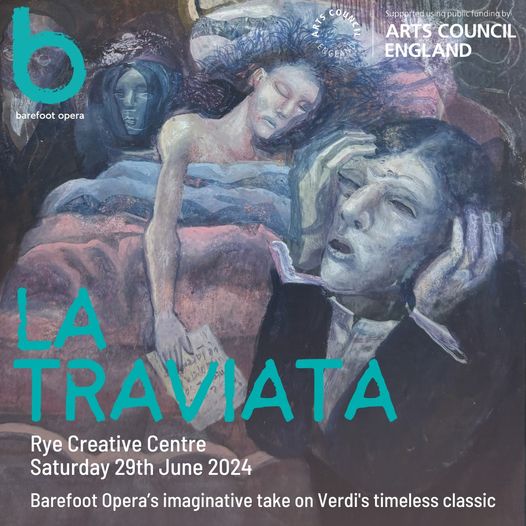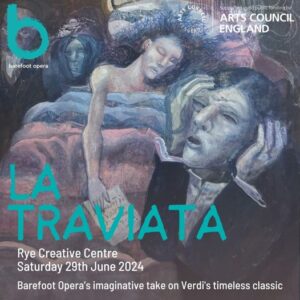Arts Council backs community Traviata over world-beating Wales
OperaAmong the latest infantilisms dribbling out of ACE (Arts Cancel England) is an exciting grant to Barefoot Opera of East Sussex to put on a 12-night tour of Verdi’s La Traviata.
Barefoot, a grassroots enterprise founded by Jenny Miller, is based on a concept of ‘community engagement’ which usually means a strong component of volunteer activity. Without detracting in any way from its worthiness, the money received by Barefoot has been taken from the pot formerly allocated to English and Welsh national operas, both of which are being reduced to a ghostly existence.
A spokesperson for Barefoot said: ‘Since last year’s trailblazing summer tour across London and the south-east, the small BAREFOOT OPERA team has been more active than ever, with several sold-out fund-raising events and new initiatives including a Teacher’s Forum that brings together singing teachers from different musical backgrounds. With new trustees and collaborators coming into the fold and further plans for touring Red! – a children’s opera based on the story of Red Riding Hood – the company goes from strength to strength.’







Comments